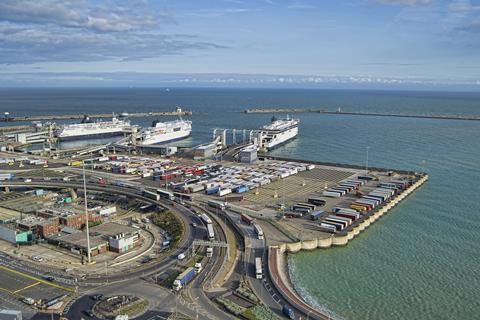
Lord Agnew’s recent Brexit comments to the Treasury Committee about “a lack of urgency on the part of too many traders” seem to be part of a government strategy to blame industry for any disruption resulting from Brexit transition.
If the transition results in new year food shortages, it will be the food industry that gets it in the neck.
There’s no doubt we need to prepare for the eventuality that new export and import processes, along with enhanced checks and controls on trade between the EU and the UK, could disrupt the supply chains of food businesses. But the food industry is fighting a losing battle. This is a matter of the utmost practical importance, rather than a political point.
Aside from the fact that some of key information that companies need to prepare for Brexit is still subject to negotiation, there has been precious little in the way of answers to even simple questions.
I have, as CEO of the BFFF, been involved in countless discussions over the past few months. Time and time again questions from trade associations and businesses – from the availability of vets to provide health certificates, to what is the correct labelling for Northern Ireland – could not be answered by government officials.
Add to this the unrealistic timescales in place, which simply do not reflect how a modern and efficient food supply chain works, and I fear the end of the transition period will indeed prove to be a bumpy ride.
To minimise this disruption, we urgently need answers from government so food businesses can understand and prepare for the changes ahead. While financial support would of course be welcomed, clarity around changes to rules and regulations is the most pressing issue. In many cases we are way past the point when companies would be planning inventory for early 2021.
As food businesses continue to struggle in the face of the pandemic, and prepare for Brexit with so many open questions still unanswered, it is entirely wrong for government to prematurely blame our industry for the disruption that will ultimately be down to a lack of planning and clarity from the top.



















No comments yet